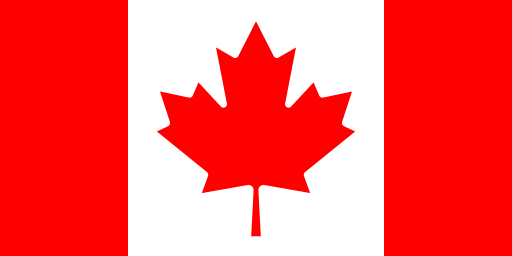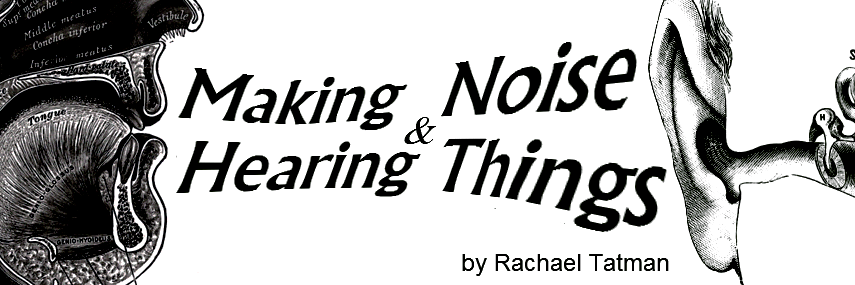Perhaps it’s because Seattle is so close to Canada, but for some reason when I ask classes of undergraduate students what they want to know about language and language use, one question I tend to get a lot is:
Why do Canadians say ‘eh’?

Fortunately for my curious students, this is actually an active area of inquiry. (It’s actually one those research questions where there was a flurry of work–in this case in the 1970’s–and then a couple quiet decades followed by a resurgence in interest. The ‘eh’ renaissance started in the mid-2000’s and continues today. For some reason, at least in linguistics, this sort of thing tends to happen a lot. I’ll leave discussing why this particular pattern is so common to the sociologists of science.) So what do we know about ‘eh’?
Is ‘eh’ actually Canadian?
‘Eh’ has quite the pedigree–it’s first attested in Middle English and even shows up in Chaucer. Canadian English, however, boasts a more frequent use of ‘eh’, which can fill the same role as ‘right?’, ‘you know?’ or ‘innit?’ for speakers of other varieties of English.
What does ‘eh’ mean?
The real thing that makes an ‘eh’ Canadian, though, is how it’s used. Despite some claims to the contrary, “eh” is far from meaningless. It has a limited number of uses (Elaine Gold identified an even dozen in her 2004 paper) some of which aren’t found outside of Canada. Walter Avis described two of these uniquely Canadian uses in his 1972 paper, “So eh? is Canadian, eh” (it’s not available anywhere online as far as I can tell):
- Narrative use: Used to punctuate a story, in the same way that an American English speaker (south of the border, that is) might use “right?” or “you know?”
- Example: I was walking home from school, eh? I was right by that construction site where there’s a big hole in the ground, eh? And I see someone toss a piece of trash right in it.
- Miscellaneous/exclamation use: Tacked on to the end of a statement. (Although more recent work, presented by Martina Wiltschko and Alex D’Arcy at last year’s NWAV suggests that there’s really a limited number of ways to use this type of ‘eh’ and that they can be told apart by the way the speaker uses pitch.)
- Example: What a litterbug, eh?
And these uses seems to be running strong. Gold found that use of ‘eh’ in a variety of contexts has either increased or remained stable since 1980.
That’s not to say there’s no change going on, though. D’Arcy and Wiltschko found that younger speakers of Canadian English are more likely than older speakers to use ‘right?’ instead of ‘eh?’. Does this mean that ‘eh’ may be going the way of the dodo or ‘sliver’ to mean ‘splinter’ in British English?
Probably not–but it may show up in fewer places than it used to. In particular, in their 2006 study Elaine Gold and Mireille Tremblay found that almost half of their participants feel negatively about the narrative use of ‘eh’ and only 16% actually used it themselves. This suggests this type of uniquely-Canadian usage may be on its way out.

That’s accurate, but we wouldn’t say trash. We’d say garbage.